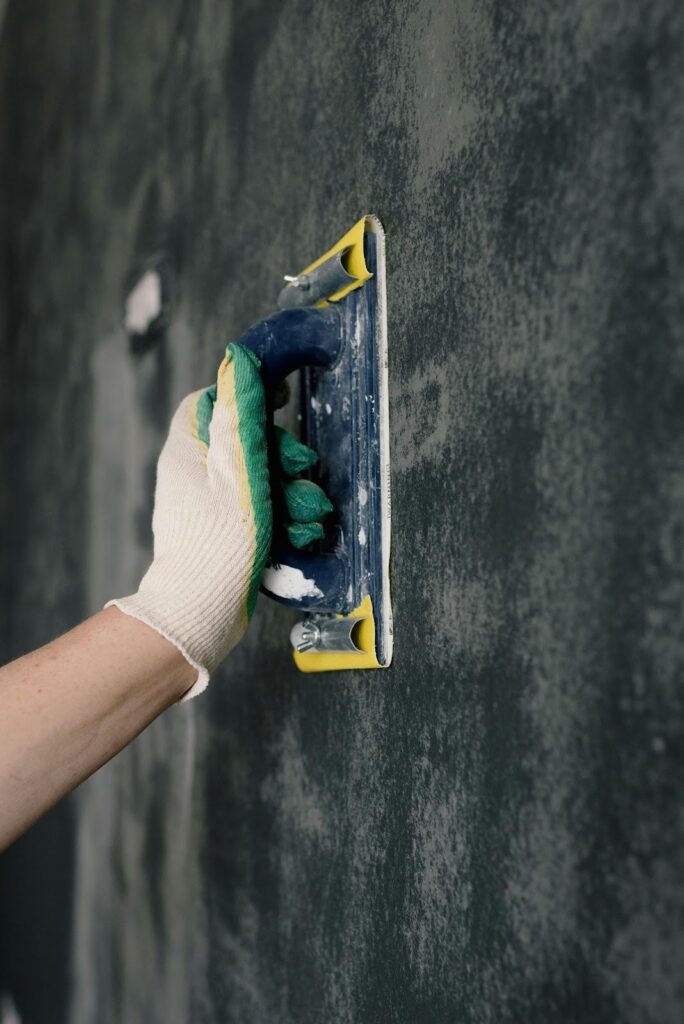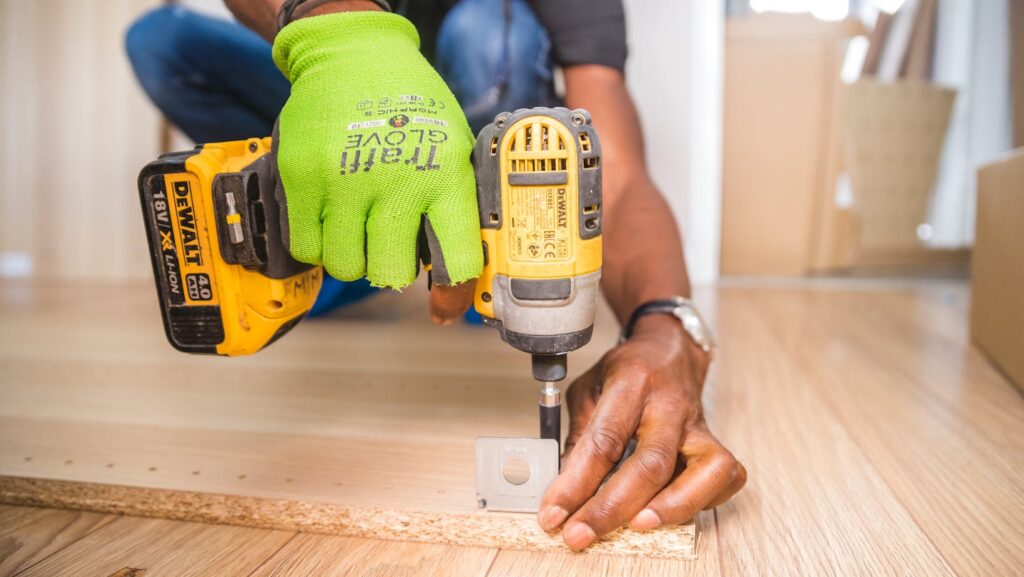Homeownership brings pride, comfort, and stability, but it comes with responsibilities that can feel overwhelming when something breaks or wears down. From leaky faucets to structural issues, unexpected repairs often test patience and budgets alike. The good news is that with preparation, organization, and the right mindset, managing home repairs doesn’t have to be stressful. By developing a system for routine maintenance, budgeting, and professional communication, homeowners can transform repair projects from chaotic emergencies into manageable tasks that protect both property and peace of mind.
Planning Ahead With Preventive Care
One of the simplest ways to avoid stress is to prevent problems before they happen. Regular inspections help detect early warning signs of damage long before they become expensive headaches. Reaching out to experts for roof inspections and maintenance plans ensures small leaks or damaged shingles are addressed promptly, protecting the home’s interior and structure. Similar attention should be given to plumbing, heating systems, and electrical components. These routine checks might seem time-consuming, but they often save thousands of dollars in future repairs.
Preventive maintenance builds familiarity with a home’s condition. Knowing where critical systems, like shut-off valves or circuit breakers, are located allows faster responses during emergencies. Keeping a checklist for seasonal upkeep helps homeowners stay proactive, from clearing gutters and checking insulation to sealing windows before winter. A little time invested in prevention significantly reduces future anxiety and expense.
Creating a Home Repair Budget
Unexpected repair bills are one of the biggest sources of homeowner stress. Establishing a repair budget helps create financial stability and reduces panic when an issue arises. Experts recommend setting aside one to two percent of a home’s value annually for maintenance and repairs. This fund acts as a cushion for unplanned problems like appliance failures or storm damage.
It’s wise to separate savings into two categories: regular maintenance and emergency repairs. Routine funds cover recurring tasks like servicing HVAC systems, while emergency reserves handle urgent issues like burst pipes. Setting up an automatic transfer each month builds this fund gradually without disrupting household finances. When the inevitable repair arises, the peace of mind that comes with being financially prepared can’t be overstated.
Prioritizing Repairs by Urgency
When multiple issues surface at once, deciding what to fix first can feel daunting. Categorizing repairs by urgency brings order to the process. Immediate safety risks, such as electrical faults, gas leaks, or severe water damage, should always take priority. Addressing electrical issues promptly can be an important safety measure that can protect your home and family from hazards like fires or electrocution. Therefore, when faced with an urgent electrical problem, it’s always best to consult licensed and affordable electricians, who can provide both peace of mind and a swift, safe resolution to these critical issues. Next come structural or mechanical problems that can worsen if ignored, such as foundation cracks or plumbing leaks.Cosmetic updates or minor adjustments can follow once critical repairs are resolved. Creating a written plan with timelines helps track progress and ensures that crucial projects stay on schedule. Prioritizing logically prevents rushed decisions and unnecessary expenses while maintaining focus on the home’s long-term safety and functionality.
Hiring Reliable Professionals
Choosing the right contractor can make or break a repair experience. Reliable professionals deliver quality work, meet deadlines, and communicate clearly. Before hiring, research multiple providers, compare estimates, and verify credentials. Reputable contractors should hold valid licenses, carry insurance, and provide references or portfolios of completed work.
Ask detailed questions about scope, materials, and warranties before signing an agreement. A written contract outlining payment schedules and project expectations minimizes confusion. It’s helpful to read reviews and seek recommendations from neighbors or friends. Establishing trust with professionals reduces stress, knowing that your home is in capable hands. A well-chosen contractor often turns complex repairs into seamless collaborations.
Maintaining Clear Communication During Projects
Even well-planned repairs can feel overwhelming without clear communication. Regular updates between homeowners and contractors prevent misunderstandings and keep projects running smoothly. Discuss preferred methods of contact, whether email, phone, or text, and agree on response times for questions or updates.
If multiple contractors are involved, designate a primary point of contact to coordinate tasks. Maintaining written records of all communications, estimates, and progress reports ensures transparency. Should a dispute arise, having documentation simplifies resolution. Good communication protects the homeowner’s investment and fosters a cooperative environment that minimizes frustration.
Managing Time and Expectations
Time management plays a major role in keeping repairs stress-free. Setting realistic timelines avoids disappointment when unexpected delays occur. Weather, material availability, and labor schedules can all influence completion dates. Understanding these variables from the start prevents unnecessary pressure.
Breaking large projects into smaller phases allows steady progress without overwhelming disruption. For example, remodeling a kitchen can be divided into planning, demolition, installation, and finishing stages. Tracking milestones helps maintain motivation while allowing flexibility if adjustments are needed. Managing expectations with patience ensures the process remains calm, even when challenges arise.
Staying Organized With Documentation
Keeping track of repair history simplifies future maintenance and resale processes. Store all invoices, receipts, and warranty information in a dedicated folder, digital or physical. Recording the date, cost, and contractor details for each repair provides a clear picture of the home’s upkeep.
This documentation serves multiple purposes: it supports insurance claims, helps track spending trends, and demonstrates responsible ownership to potential buyers. Organized records assist new contractors in understanding past work, avoiding redundant inspections or unnecessary rework. Staying methodical in record-keeping minimizes confusion and helps maintain control over ongoing maintenance.

Owning a home inevitably means facing repairs, but stress doesn’t have to come with them. Through proactive planning, organization, and communication, even major projects can run smoothly. Preventive care, clear budgeting, and trusted professionals form the foundation for worry-free maintenance. Each improvement strengthens both the home and the homeowner’s confidence. With the right strategies, repairs become opportunities to enhance comfort, security, and long-term value, without the stress that so often accompanies them.
